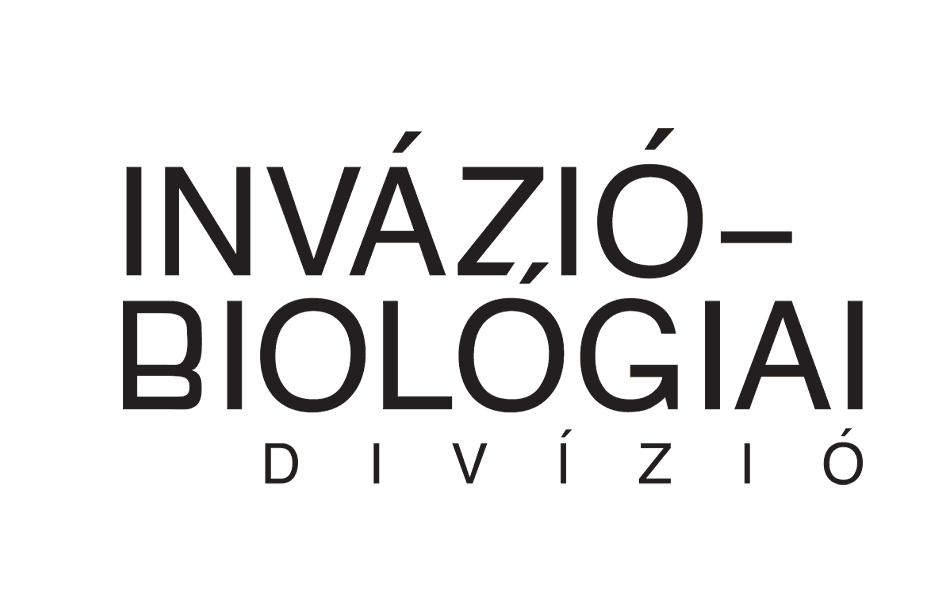This year, the Eurasian Grassland Conference was held in Szarvas, organized by the Lendület Seed Ecology Research Group of the HUN-REN Ecological Research Centre and the Körös-Maros National Park Directorate, where several research groups of the Invasion Biology Division presented their latest results. In the opening plenary lecture, Dr. András Kelemen, researcher of the Lendület Seed Ecology Research Group, talked about the invasive species threatening the grasslands of the Kiskunság region. He showed the results of a citizen science programme to survey naturalized cacti populations and a study to test the control of sand dropseed, and reported on the emergence of new invasive species such as the knotgrass (Paspalum distichum). Katalin Lukács, also a member of the research group, presented a poster showing that seeds remaining on clothing do not lose their germinative capacity even after washing and can therefore continue to spread. She was awarded the Best Young Investigator prize in the poster category for her high-quality work. The very first session of the conference was dedicated to invasive species. The first session of the conference was dedicated to invasive species. In it, Dr. Melinda Halassy, head of the Restoration Ecology Research Group of the HUN-REN Centre for Ecological Research, first presented the impact of the combined seeding of native competitor species on the establishment of invasive species. She was followed by Boglárka Berki, PhD student of the HUN-REN Ecological Research Centre’s Large-scale Vegetation Ecology Research Group, who presented the results of their research on the possible management of the common milkweed, one of the most common invasive species. During the post-conference programme f, led by Dr. András Kelemen, Dr. György Kröel-Dulay and experts from the Kiskunság National Park Directorate, participants were able to learn about the invasive species and possible management methods in Kiskunság.
Invasion Biology Division research at the Eurasian Grassland Conference
This research was supported by the National Talent Programme of Hungary and the Prime Minister's Office (NTP-NFTÖ-21-B-0288), and by the National Laboratory for Health Security (RRF-2.3.1-21-2022-00006), Centre for Ecological Research, Budapest, Hungary.



